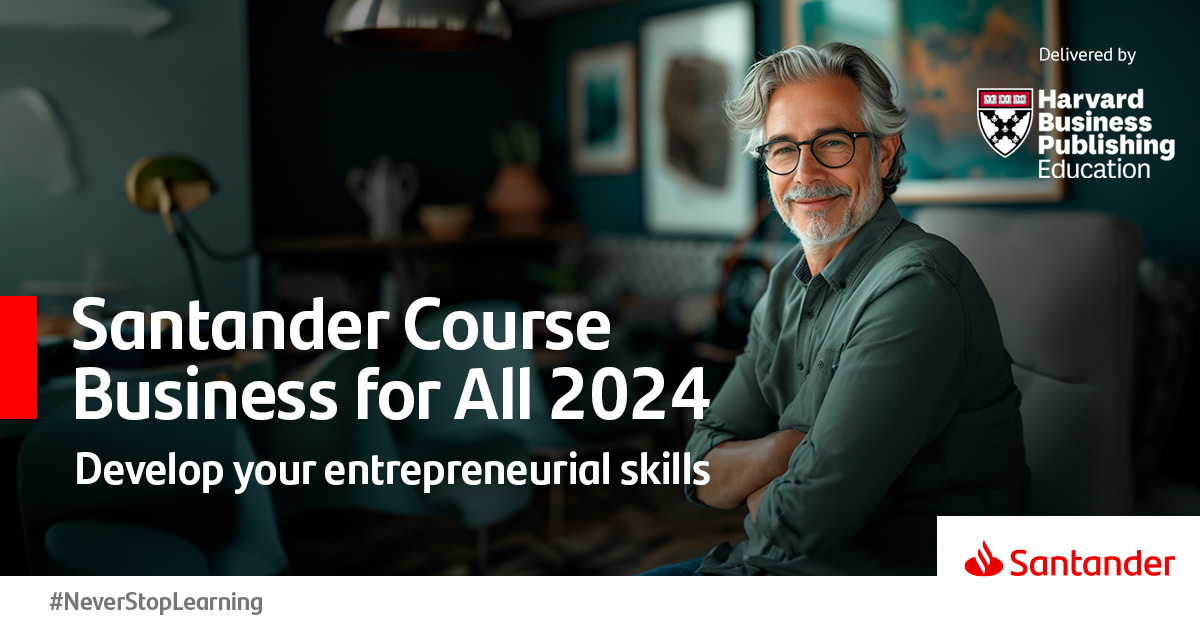Adaptability, a key competency
Did you know that the ability to adapt is one of the most common requirements for job seekers today? The Adecco Foundation, in its Decade 2020 Guide: 20 competencies to prevent exclusion from the job market, identifies adaptability as one of today's most sought-after characteristics for the most in-demand role profiles.
The high demand for this soft skill is largely down to the context we live in, where uncertainty as a result of the Covid-19 pandemic along with the digital transformation has highlighted the need to possess the ability to adapt to constant changes. As a quote attributed to Charles Darwin points out, "It is not the strongest of the species that survives, nor the most intelligent; it is the one most adaptable to change".

What exactly is adaptability?
When we talk about adaptability in professional settings, we're referring to a person's ability to adapt to or accommodate changes that they may experience in the course of their job. That is, the ability to perform different duties, act appropriately in different roles and deal with the changes and developments that may arise at work.
Once we've defined what adaptability is, it is vital not to confuse it with the concept of adaptation, as this could lead to misunderstandings in some circumstances. According to the Oxford English Dictionary, adaptation is the "the action or process of changing something, or of being changed, to suit a new purpose or situation" while adaptability is" the quality of being able to change or be changed in order to deal successfully with new situations".

Characteristics of an adaptable job candidate
Professionals who count adaptability among their soft skills tend to be armed with other skills too, as this is a competency that's closely linked to a variety of traits.
So, it's difficult to imagine a capacity to adapt in persons who lack other traits intrinsic to an adaptable candidate, such as receptivity, flexibility, creativity, motivation and inquisitiveness.
Receptivity
This trait is closely linked to maintaining a positive attitude, above all when it comes to dealing with change. Demonstrating receptivity to new proposals is a sign of adaptability, as well as of a willingness to learn and grow. People who handle new situations with optimism tend to see these as an opportunity more than a problem.
Flexibility
Flexibility is a personality trait that boosts the ability to adapt. People with mental flexibility usually also have an open mind that allows and helps them to adapt to new scenarios, goals or challenges without too much distress resulting from such developments.
Creativity
While in this case we're not dealing with a competency intrinsic to adaptability, the fact is that creativity is a common trait in people who show an ability to adapt. Creativity is a help or driver when adapting to new situations that arise in the workplace. In many ways, it is vital in and of itself, but at the same time can be a great tool for adaptation.
Motivation
To speak about motivation is to refer to a trait that can be defined as an accessory to adaptability. Why are we talking about complementary qualities? Because an adaptable worker will cease to be so from the minute they stop feeling motivated in their environment.
Likewise, an adaptable person feels motivated when dealing with new challenges that offer the opportunity for development; thus, these are traits that sometimes feed into one another.
Inquisitiveness
Inquisitiveness is another driver of adaptability. People who are inquisitive in the workplace feel the need to continually learn and grow. In this case, rather than being linked to adaptability, what we're talking about is a quality that sparks it, because the desire to learn makes workers more flexible and receptive to change.

Adaptability: why is it such a necessity and how can it be developed?
Some 94% of business leaders expect employees to acquire new skills on the job. However, from a leadership perspective, it's not enough to simply demand that employees demonstrate adaptability as a soft skill - it's vital to foster it too.
To do this will require active listening, offering employees the chance to express themselves and put forward ideas, as well as taking an interest in their opinions, which will boost their motivation and willingness to display their talents.
Meanwhile, investing in training allows workers to not only develop new skills but also feed their inquisitiveness and receptivity when it comes to growing and developing within the company - another huge boost to adaptability.
Additionally, thanks to digitalisation and the evolution of the workplace, it is estimated that around 50% of workers will need to retrain by 2025, according to the World Economic Forum's The Future of Jobs Report. Some 85 million jobs are expected to become obsolete by that date, although at the same time, it has been acknowledged that new opportunities will arise which will require adaptability.
As you can see, the main advantage of an adaptable candidate is, without doubt, the ease with which they can find work. Bearing in mind that these are professionals who can both handle diverse tasks in the same job as well as refocus their entire career, what company could fail to value adaptability during the recruitment process?
The fact is that the traits that tend to go hand-in-hand with the ability to adapt, such as willingness to continue learning, prove essential in the face of the constant fluctuations experienced in every field due to technological advances.
That's why, Banco Santander is launching 5,000 Santander Course | Business for All 2024. This program, aimed at those who want to enhance their business skills, has been designed in collaboration with top experts from Harvard Business School Publishing, one of the most prestigious educational institutions in the world.
With this course, you will gain access to a 100% online, 9-week training program on which you will acquire the key know-how and skills to further your career. Depending on your professional objectives, you can choose one of the following courses:
Business Fundamentals: learn the essentials of marketing, finance, negotiation and customer experience.
Managing yourself: improve your skills in decision-making, time management and influencing without authority.
All courses are delivered by top-tier experts and are free to participants. And you don't need to have a degree or be a Banco Santander customer. On top of that, they are available in English, Spanish or Brazilian Portuguese.
You will have the opportunity to acquire all the necessary knowledge and skills via on-demand content, virtual discussions in live sessions with mentors and learning facilitators, interaction with your peers, exercises and tools with which you can practice, then transfer the knowledge to your workplace. In addition, upon completion, you will receive a certificate from Harvard Business School Publishing.
Are you over 18 and want to develop key skills to get ahead in the workplace? Sign up for Santander Course | Business for All 2024 and whether you get it or not, remember: never stop learning.
Más posts interesantes que leer...
-
 12/04/2024 | Santander Universidades
12/04/2024 | Santander UniversidadesGrowth mindset: examples in the workplace to develop the right attitude toward challenges
Card text -
 01/03/2024 | Santander Universidades
01/03/2024 | Santander UniversidadesThe sandwich technique: how to deliver criticism in an assertive way
Card text

